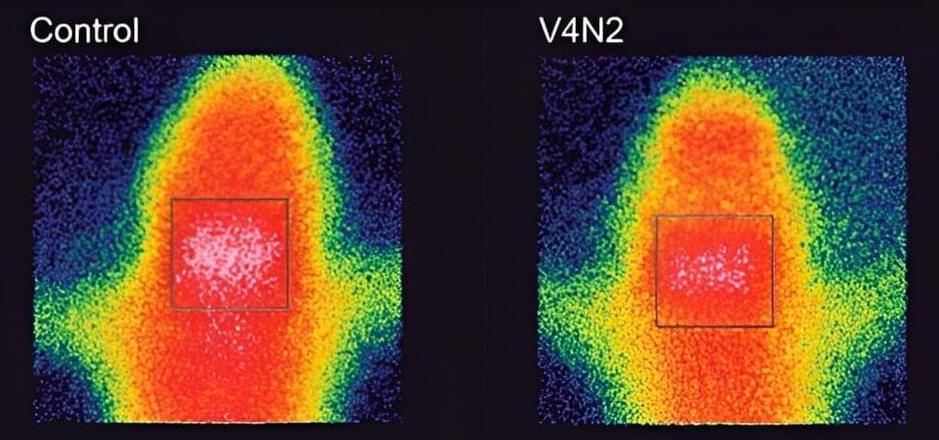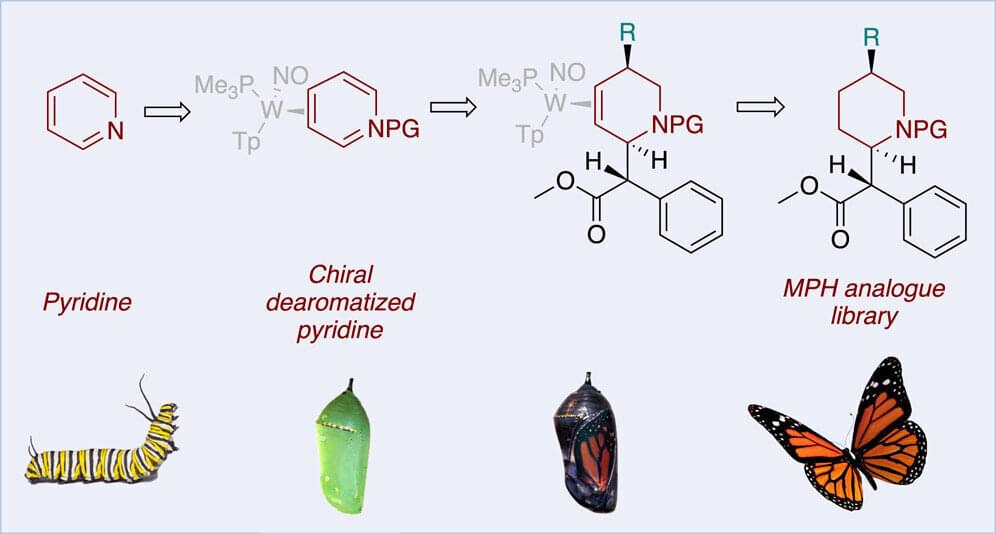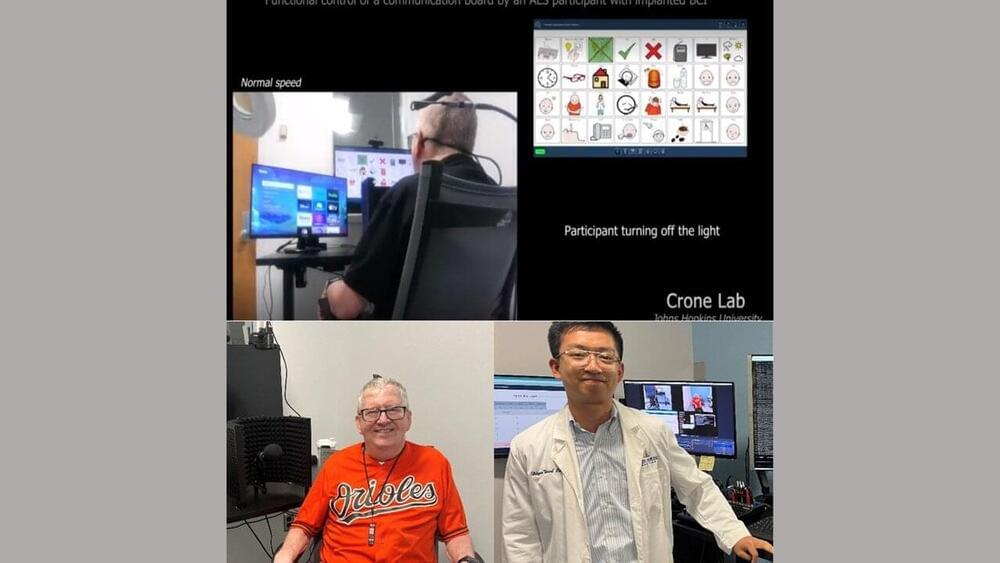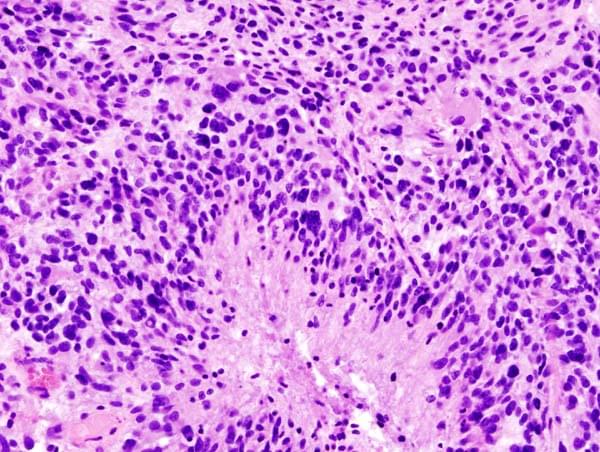UFMG-V4N2 proved effective in producing antibodies and making them block the passage of cocaine into the brain, which means that the vaccinated animals have a reduced perception of the drug’s effect: a very important advantage in a treatment.
This blockage occurs in the following way: we have a “protective shield” called the blood-brain barrier, which prevents toxic elements, viruses or bacteria from entering the brain, but because the cocaine molecule is very small, it manages to pass through this barrier.
The vaccine stimulates the production of antibodies, which bind to the drug molecules, increasing their weight and size and thus preventing them from getting past the protective shield. The cocaine is retained in the blood, but as it is bound to the antibody, it doesn’t act on the heart or arteries either, which means the risk of overdoses is reduced.
The most recent statistics put the number of regular cocaine or crack cocaine users in the world at 20 million. Of these, one in four will become addicted or develop use disorders.






